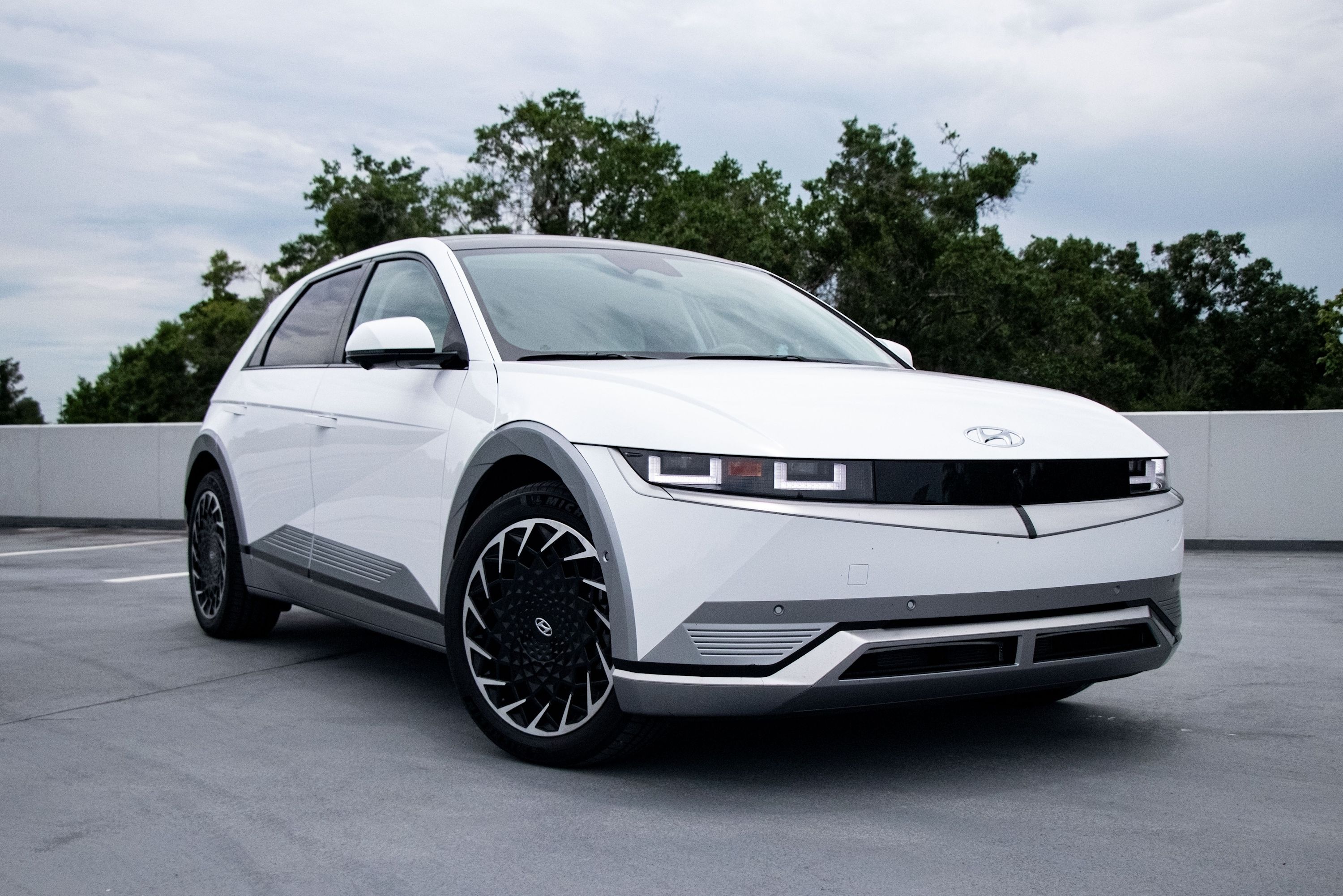
On the face of it, charging your Hyundai Ioniq 5, Chevrolet Bolt, or any other EV couldn't be simpler: plug it into an available outlet as you do any other appliance and unplug it when it's done. Public EV charging is, unfortunately, not that simple. Charging infrastructure remains insufficient, which is why the government is investing millions in improving the current network.
Another challenge for EV owners relates to variable charging costs from one network to another, or even charges based on different locations or times of the day. To simplify this, West Coast charging network operator EVCS is launching unique flat-rate charging subscriptions. Three different plans each with their own monthly rate differ from the normal monthly fees and extra cost per kWh that is more commonplace.
"It really is a minefield across the various networks, be it time of day rates, location-based variances and hidden fees," said Kirk Johnson, chief growth officer at EVCS. "We're trying to cut through all that with a very simplified, predictable monthly fee."
EVCS, a Los Angeles company, has three subscription tiers for its West Coast network that consists of nearly 700 Level 2 or Level 3 chargers. The Standard Anytime plan costs $49.99 per month and comes with up to 200 kWh of charging. Beyond that, users will pay $0.29 per kWh. This plan will best suit drivers who cover less than 1,150 miles per month and will charge around seven times in that timeframe.
The mid-tier Unlimited Off-Peak Pro plan goes for $99.99/month. With this, customers have access to unlimited charging between 10 pm and 6 am. Outside of these hours, the cost is $0.29/kWh, and this plan suits those who drive over 1,150 miles every month.
Finally, the Unlimited Anytime Pro plan costs $199.99/month. Ideal for long-distance commuters or those who drive for ride-hailing and delivery companies, it allows 24/7 access to fast charging. As per Automotive News, Mike Ramsey, a Gartner automotive and smart mobility analyst, said that "these prices are quite low and very attractive." However, he emphasized that the costs only make sense if the chargers work as advertised.
Other networks don't provide flat-rate charging like EVCS, but they do have discounts with their memberships. EVgo, which is working with GM on a Tesla-rivaling charging network, also has three monthly subscriptions. In LA, this starts at $0.99/month but costs $0.34 per kWh; if you use 200 kWh with this plan in a month, it will cost $68.99 in total, which is almost $20 more per month than the new basic plan from EVCS with its flat rate.
Electrify America, a provider who has taken its own steps to make EV charging easier, allows guest users to charge for $0.43 per kWh, but there are other costs for Pass members. Evidently, there is value in the simple fee structure from EVCS, but consumers will still have to make their own comparisons based on their driving habits. And, if you live outside the West Coast where most of America's EV ownership is concentrated, EVCS won't be an option at all. It will be interesting to see the take rate for the EVCS monthly plans in the months ahead.




